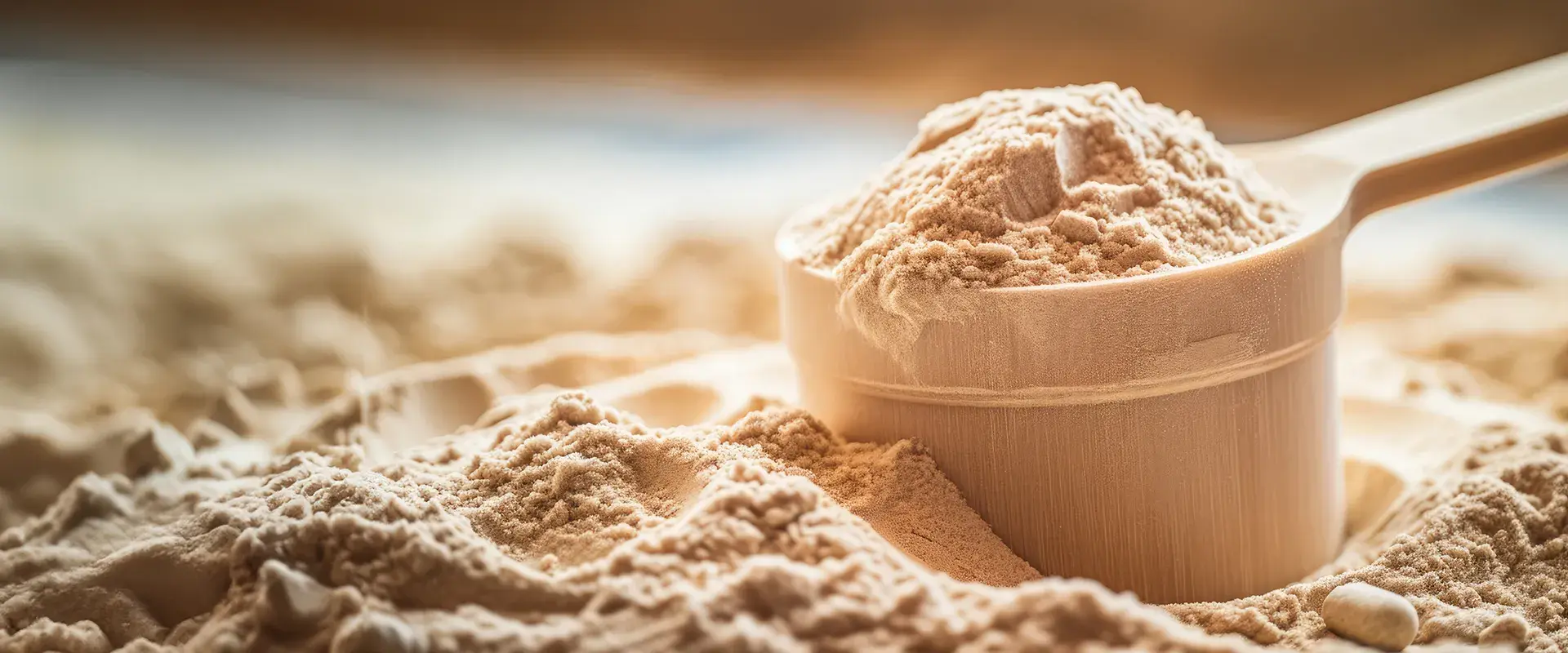
Calculator
Calculator
Protein is essential for muscle growth, weight loss, and even to your overall nutrition. Nanotech Project’s protein intake calculator will help you determine your ideal amount of daily protein intake. The data you will receive is tailored to your needs since it is based on your body weight, activity level, and fitness goals.
Protein is helpful for producing the following results:
You should take ...... of protein per day
This online calculator is very straightforward to use but will produce accurate results. Here’s how:
1. Enter your weight: Specify your current weight in kilograms.
2. Select your activity level: Choose which applies to you: sedentary, lightly active, moderately active, and very active.
3.Set your fitness goals: Tell us whether you are looking to lose weight, gain muscle, or maintain your current physique.
4. Get your results: The protein calculator will provide your daily protein intake requirement.
Activity Level | Protein Intake (per kg body weight) |
Sedentary | 0.8g to 1.0g |
Lightly active | 1.1g to 1.2g |
Moderately active | 1.3g to 1.5g |
Very active | 1.6g to 2.2g |
To produce the best results, our calculator relies on the Mifflin-St Jeor equation. It is a scientifically recognized method for determining calorie requirements. Here’s a simple explanation of the process:
Protein accounts for a set percentage of your total calories, with each gram containing 4 calories.
Foods High In Protein:
Your daily protein requirement will depend on your wellness objectives. You might want to lose weight, build muscle, or maintain your overall wellness.
Spreading protein intake across meals is effective for this purpose. Aim to include protein sources for your meals. These may include eggs for breakfast, lean meats or legumes for lunch, and fish or plant-based options for dinner.
If you are into snacks, then try Greek yogurts, nuts, or protein shakes. All of these can help meet your daily protein intake.
Yes, consuming foods high in protein is suggested if you are aiming to shed some pounds. This approach keeps you full longer and may support muscle maintenance.
While protein is indeed vital, consuming too much of it may lead to unwanted results. This may put stress on your kidneys. It may also result in elevated blood lipids resulting in heart disease.
For over three decades, Nanotech Project has been a trusted source of research-backed information on Peptides, SARMs, Nootropics, Kratom, and Cannabis. Whether you are an enthusiast, researcher, or just starting your journey, we bring you in-depth articles, expert analyses, and latest breakthroughs in these fields.
What will you get? We will keep you updated via email on trending topics, ongoing deals, and coupons from our trusted research product vendors.
Copyright © 2025. All Rights Reserved Nanotech Project
For over three decades, Nanotech Project has been a trusted source of research-backed information on Peptides, SARMs, Nootropics, Kratom, and Cannabis. Whether you are an enthusiast, researcher, or just starting your journey, we bring you in-depth articles, expert analyses, and latest breakthroughs in these fields.
Copyright © 2025. All Rights Reserved Nanotech Project